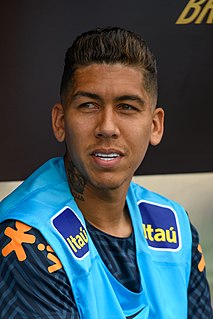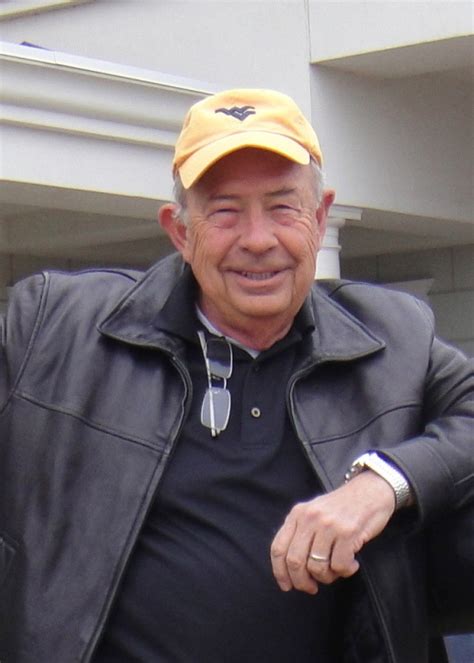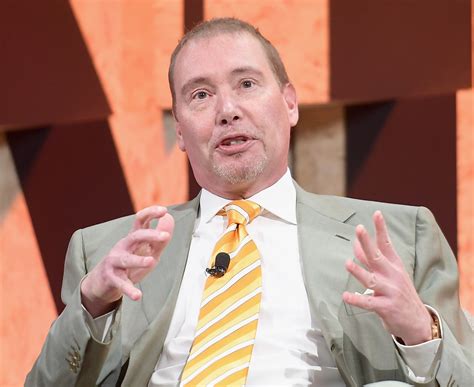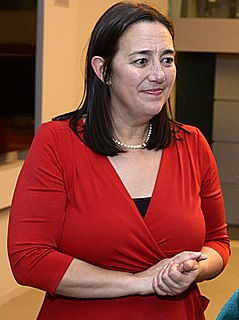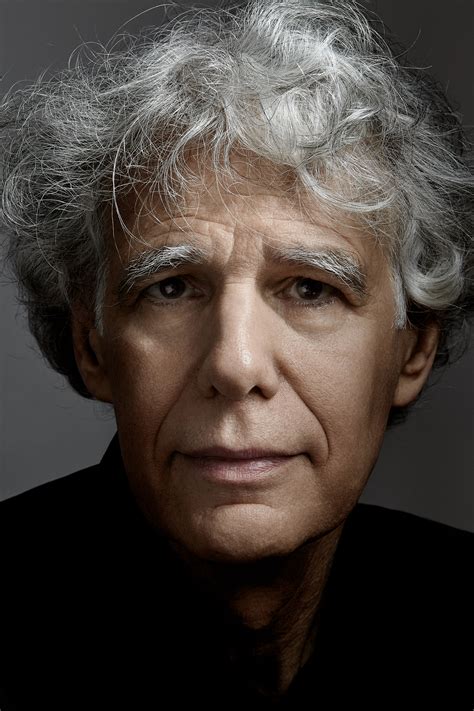A Quote by Henry Giroux
We need to educate students to be critical agents, to learn how to take risks, engage in thoughtful dialogue, and taking on the crucial issue what it means to be socially responsible.
Related Quotes
If children are hungry, they need to be fed. It's hard to learn if your stomach is growling. We need to take that on. If students can't see the blackboard, need eyeglasses, we need to do that. If students need a social worker or counselor to work through the challenges they're facing at home in the community, we need to do that.
The issue of who gets to define the future, own the nation's wealth, shape the parameters of the social state, control the globe's resources, and create a formative culture for producing engaged and socially responsible citizens is no longer a rhetorical issue, but offers up new categories for defining how matters of representations, education, economic justice, and politics are to be defined and fought over. At stake here is the need for both a language of critique and possibility.
Many people are afraid to fail, so they don't try. They may dream, talk, and even plan, but they don't take that critical step of putting their money and their effort on the line. To succeed in business, you must take risks. Even if you fail, that's how you learn. There has never been, and will never be, an Olympic skater who didn't fall on the ice.





